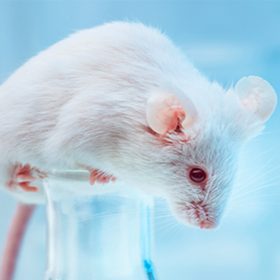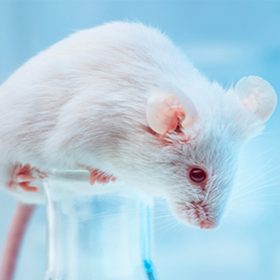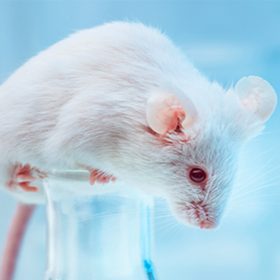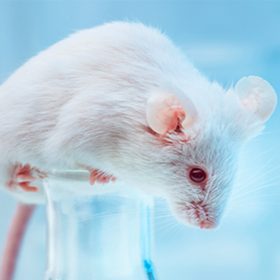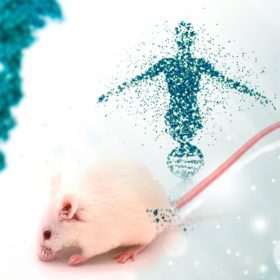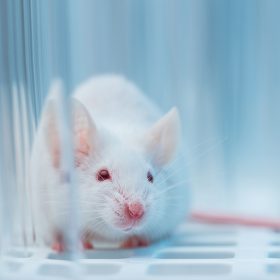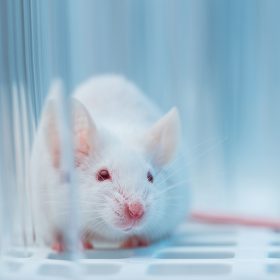Inflammatory Bowel Disease Mouse Models
Inflammatory Bowel Disease Mouse Models
Add to cart
Inflammatory bowel disease (IBD) is a chronic nonspecific inflammatory disease. It mainly includes Crohn disease (CD) and ulcerative colitis (UC).
Validation data
1. Phenotypic data of TNBS-induced CD models
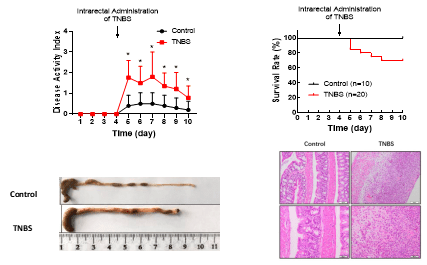
Disease activity index (DAI) of TNBS-treated group increased significantly (upper left panel), and the survival rate was about 70%7 days after TNBS induction (upper right panel).
The colonic mucosa of TNBS-treated mice appeared hyperemic and edematous with local ulcer (lower left panel). The intestinal wall of the TNBS-treated group was thickened and invaded the muscle layer. Newly formed vessels were associated with inflammatory cell infiltration (lower right panel).
Notice: 2,4,6-trinitrobenzene sulfonic acid (TNBS) and ethanol mixture is intrarectally administered to the mice. DAI=(Weight loss score + stool trait score + stool occult blood score)/ 3
2. Phenotypic data of DSS-induced UC models
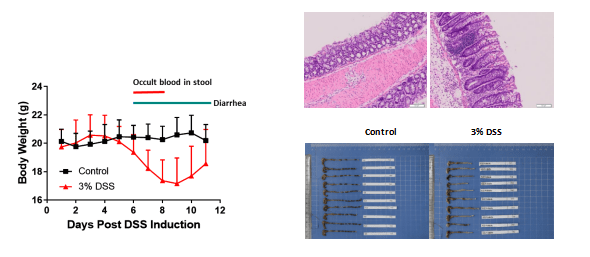
The body weight of mice decreased significantly after Dextran Sulfate Sodium (DSS) induction. Intestinal histological examination showed focal, transmural inflammation and ulceration.


